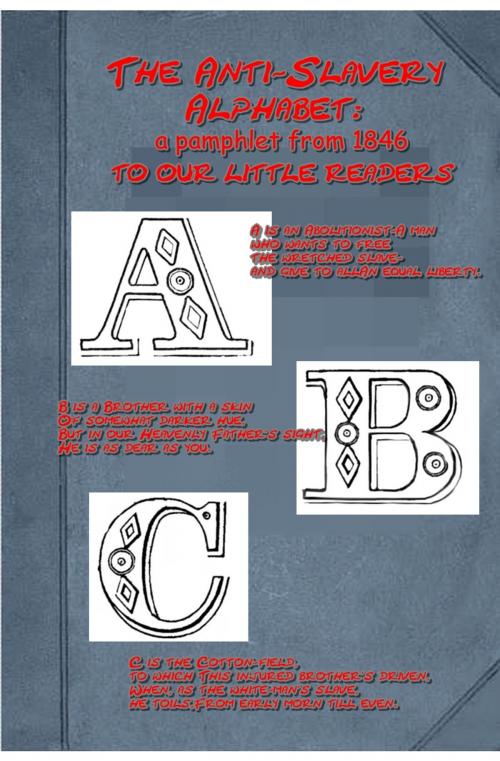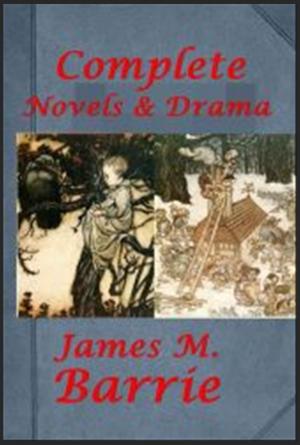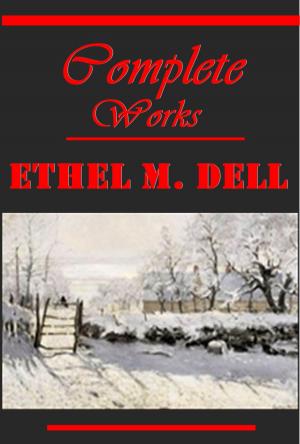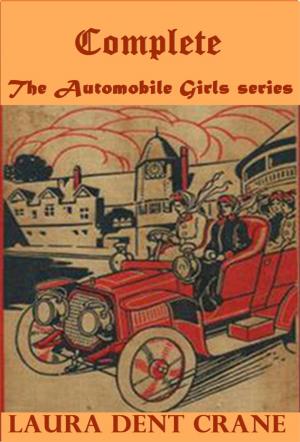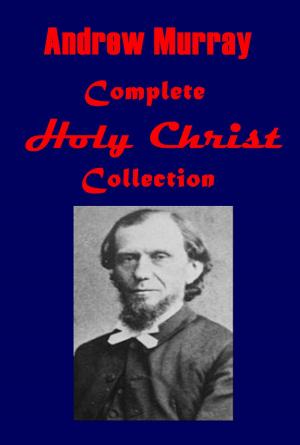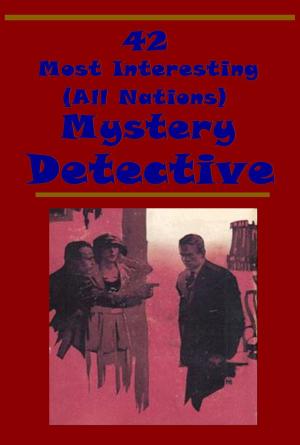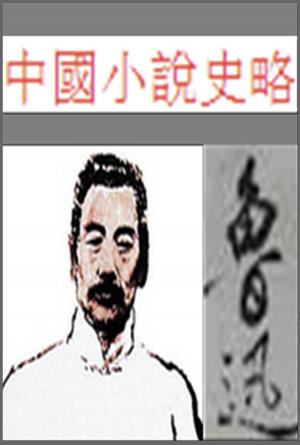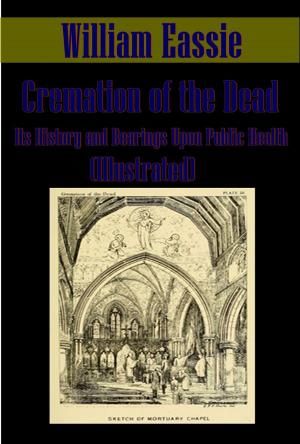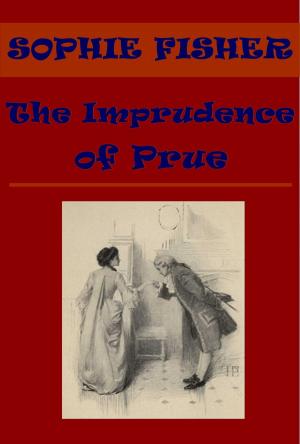The Anti-Slavery Alphabet: a pamphlet from 1846, for our Little Readers (Illustrated)
Fiction & Literature, Literary Theory & Criticism, Feminist Criticism, Nonfiction, Social & Cultural Studies, Social Science, Gender Studies, Feminism & Feminist Theory, Discrimination & Race Relations| Author: | Anonymous | ISBN: | 1230000287753 |
| Publisher: | AGEB Publishing | Publication: | December 24, 2014 |
| Imprint: | Language: | English |
| Author: | Anonymous |
| ISBN: | 1230000287753 |
| Publisher: | AGEB Publishing |
| Publication: | December 24, 2014 |
| Imprint: | |
| Language: | English |
The Anti-Slavery Alphabet was a poem-based pamphlet that was produced for an 1846 Anti-slavery Fair in Philadelphia. As noted by the Mississippi Department of Archives and History...
The Alphabet consists of sixteen leaves, printed on one side, with the printed pages facing each other and hand-sewn into a paper cover. Each of the letter illustrations is hand-colored.
Despite its simplicity – the poem was clearly made to be memorized by children – the Anti-Slavery Alphabet is a compelling and comprehensive condemnation of slavery. It discusses all the critiques of the institution: the separation of family members; its use of physical cruelty; and the overall unfair treatment of slaves, who are “Brothers with a skin of… darker hue” but nonetheless “dear” in the eyes of God.
Notably, the poem takes Northerners to task, saying, “M is the Merchant of the north, Who buys what slaves produce— So they are stolen, whipped and worked, For his, and for our use.”
The pamphlet begins with another poem titled To Our Little Readers which tells the young, “there’s much that you can do… plead with men that they buy not slaves again.” It also suggests that young people boycott slave produced goods.
The Anti-Slavery Alphabet was a poem-based pamphlet that was produced for an 1846 Anti-slavery Fair in Philadelphia. As noted by the Mississippi Department of Archives and History...
The Alphabet consists of sixteen leaves, printed on one side, with the printed pages facing each other and hand-sewn into a paper cover. Each of the letter illustrations is hand-colored.
Despite its simplicity – the poem was clearly made to be memorized by children – the Anti-Slavery Alphabet is a compelling and comprehensive condemnation of slavery. It discusses all the critiques of the institution: the separation of family members; its use of physical cruelty; and the overall unfair treatment of slaves, who are “Brothers with a skin of… darker hue” but nonetheless “dear” in the eyes of God.
Notably, the poem takes Northerners to task, saying, “M is the Merchant of the north, Who buys what slaves produce— So they are stolen, whipped and worked, For his, and for our use.”
The pamphlet begins with another poem titled To Our Little Readers which tells the young, “there’s much that you can do… plead with men that they buy not slaves again.” It also suggests that young people boycott slave produced goods.
